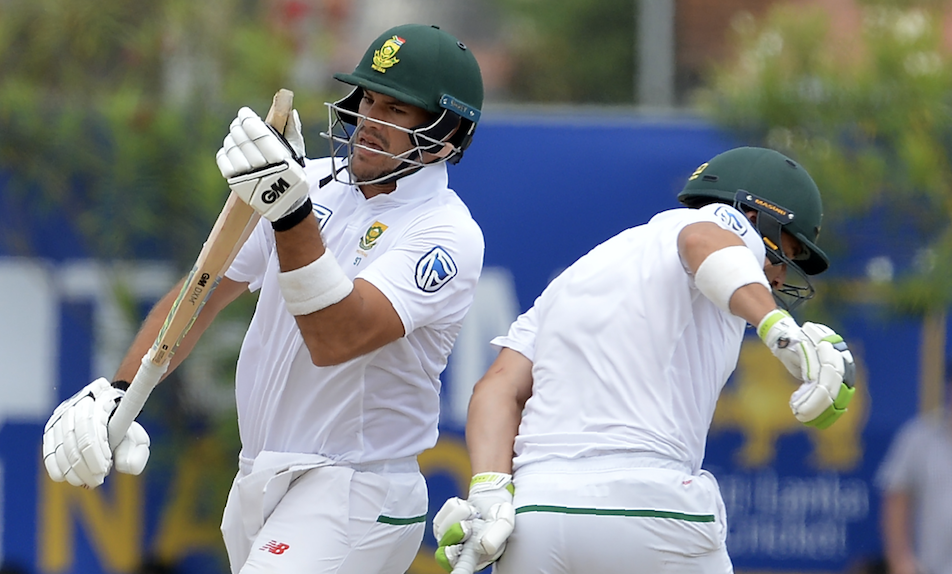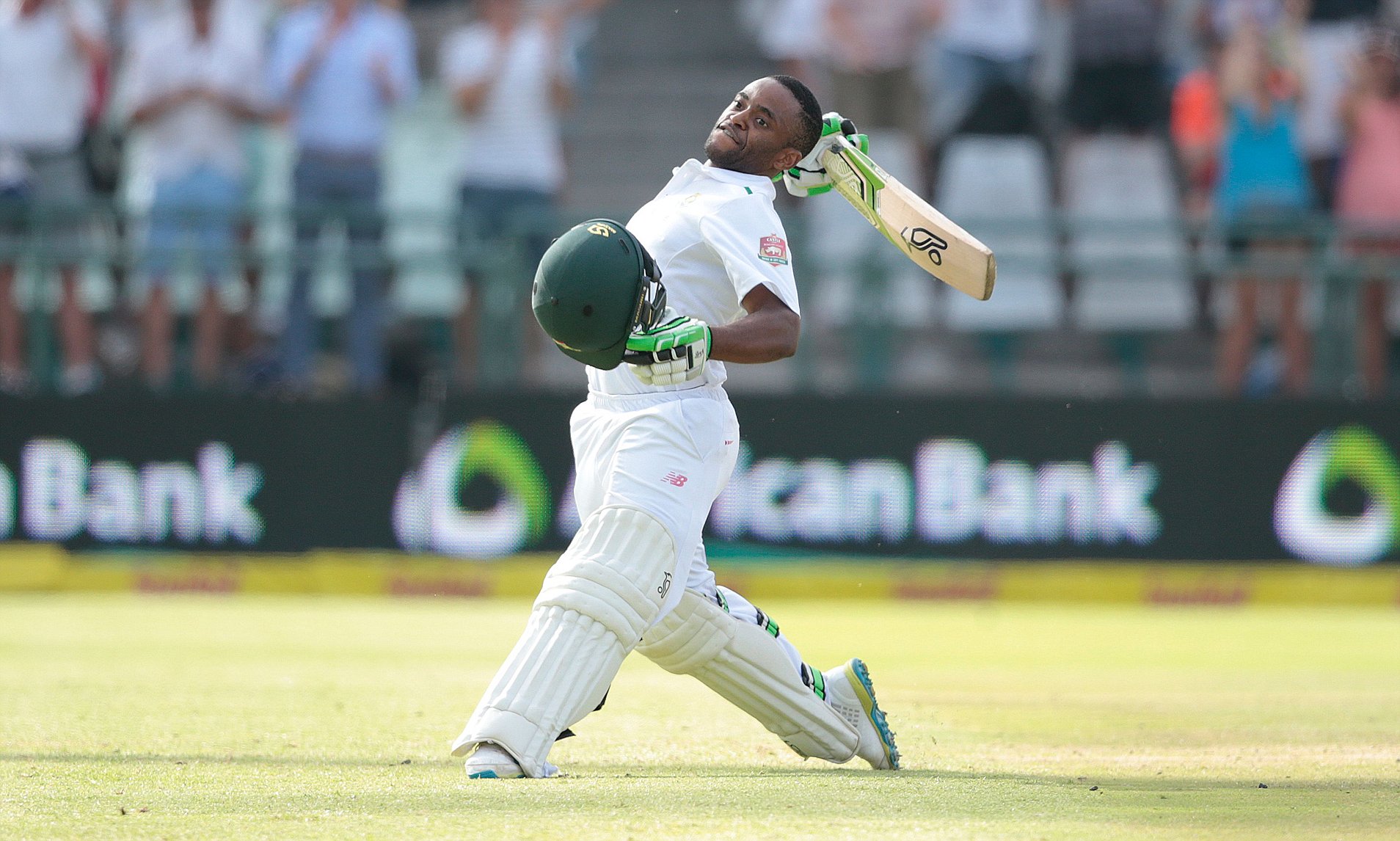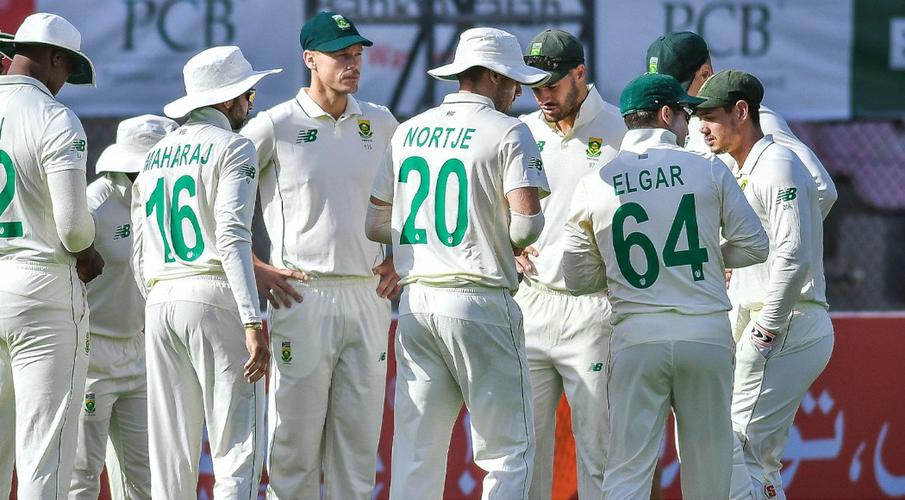RYAN VREDE looks at five Proteas issues that need to be resolved as a matter of urgency in the 2021-22 Test season.
The Proteas start their Test season in a fortnight against India. It introduces a 10-month period during which they face New Zealand in two Tests in February, and they have a three-Test series in England in August and September.
I wrote last week that they have the building blocks for a successful Test side, but wondered how head coach Mark Boucher would construct the team.
There are some issues that I hope are resolved, or resolve themselves, during this period.
Fix a broken opening partnership

Dean Elgar and Aiden Markram are excellent batters in their own right, but they are dreadfully mediocre as an opening partnership.
In 47 innings as a pair, they’ve scored 1,540 runs at an average of 32.76. They’ve shared three 100-plus partnerships, the highest of which came against Bangladesh in 2017 (243). Worryingly, their last century stand – 141 against a crippled Sri Lanka bowling unit at SuperSport Park in December 2020 – was the first since the aforementioned double-century contribution in 2017.
This is unacceptable if your ambition is to be among the world’s elite Test sides.
I wouldn’t want to see a Proteas side without either of these players. Markram, in particular, has made significant strides since his early struggles and looks to have the makings of a truly world-class Test cricketer.
But they have to find some synergy and fast.
This struggle contributes to the next issue …
Score big more often
A shaky opening platform isn’t solely to blame for the Proteas’ inability to put big runs on the board consistently, but it does contribute significantly.
The team has scored over 300 just thrice in 20 innings. Two of these 300-plus scores came against a Sri Lanka bowling unit without most of their key bowlers. The breakdown of the remainder of the team’s batting totals reads:
- 0-99 runs: 1 (chased 67 to win without losing a wicket)
- 100-149 runs: 0
- 150-199 runs: 3
- 200-249 runs: 7
- 250-299 runs: 6
The quality of the attacks they’ll face in the next 10 months will complicate their ability to fix this deficiency but, again, the Proteas have enough batting talent to achieve this.
Resolve the Bavuma dilemma

In March, I worried out loud about the lack of black African batting talent coming through the domestic ranks. I lamented that Bavuma is also the only black African batter to establish himself in the Test side since isolation.
He has become known for his grit, but his place has constantly been under scrutiny. His record – 2,097 runs in 73 innings at an average of 32.26 with just one century – is constantly cited as indicative of his mediocrity. There is also never a shortage of social media critics who attribute his ongoing selection to the quotas in place.
I wrote that it matters that Bavuma snaps his mediocrity. I want him to be a reference point for excellence in Test cricket for young black African batters. I hope he finds a way to translate his talent into consistent performances.
Develop a clear identity
In April, the Proteas rolled out a clutch of players who all spoke about the “brand” of cricket they want to play. Aiden Markram was speaking in the context of their white-ball journey, but one can safely assume this thinking extends to Test cricket as well.
I’ve not seen evidence of this type of identity yet. The Test team lacks a distinct personality, and that needs to change in the next season.
They have the personnel to impose themselves with bat and ball, in much the same way Australia’s Test unit does. Their ability to do so depends a lot on the quality of the attack they’re facing, the wicket they’re playing on and the conditions they’re playing in.
But I’d like to see signs of them developing a clear identity (even if it’s not the front-foot style I suggest) in the coming months.
Settle on an all-rounder

Wiaan Mulder has the role now, and I’ve supported him being backed for an extended period. His contributions have to improve, though.
His bowling efforts have been strong, but in nine innings with the bat, he averages 15.88, which betrays his talent with the willow.
The Proteas have options in this department. George Linde has been equally disappointing with the bat but has bags of potential. Meanwhile, Marco Jansen has emerged as an exciting prospect. He averaged 63 against India A and bowled quickly and accurately through the three-match series.
The selectors like the look of him, but are determined to give Mulder a fair run. It is Mulder’s place to lose.
It would be remiss not to note the underappreciated batting talent of Kagiso Rabada. He needs to take this facet of his game more seriously, and his coaches need to invest more in it as well. He is better than a Test average of 22 and is capable of match-defining innings down the order.







